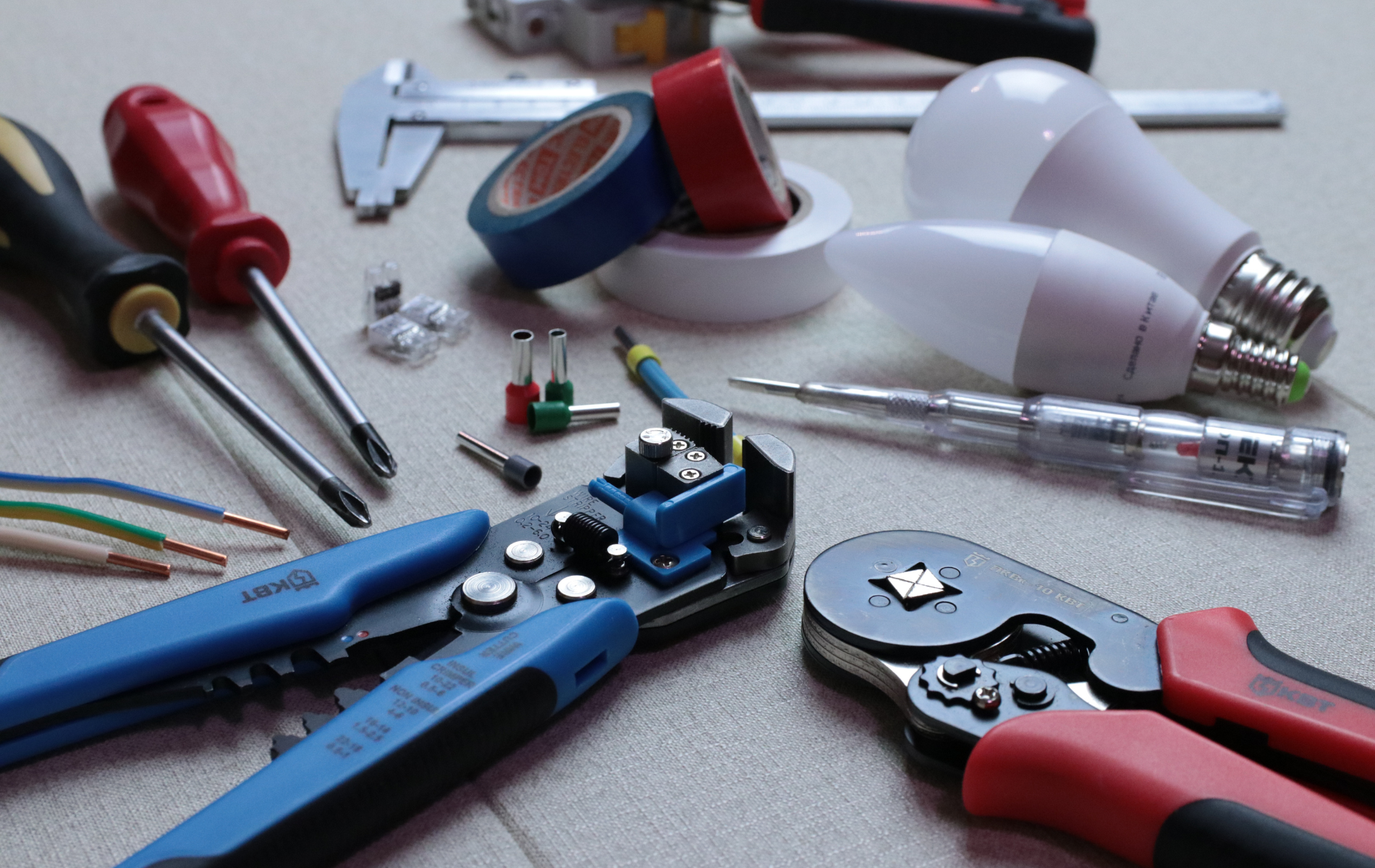FAQs

Answers to Common Electrical Questions from a Local Expert
Whether you're planning a remodel, dealing with flickering lights, or wondering if your panel needs an upgrade, electrical concerns can be confusing. With over 35 years of hands-on residential experience, Bob’s Electrical has seen—and solved—just about every type of issue. This page covers the most frequently asked questions from homeowners across North Bend and The Valley. If you don’t see your question here, feel free to call or email for direct answers.
Our Values – Precision, Honesty, and Reliability
Do I need a licensed electrician for small jobs like installing an outlet or light fixture?
Yes. Even small electrical work involves safety risks and code compliance. A licensed electrician ensures proper connections, safe grounding, and protection against future hazards.
How do I know if my home’s electrical system is safe?
If your home is over 30 years old and hasn’t had an electrical inspection recently, it’s smart to schedule one. Warning signs of unsafe systems include flickering lights, warm outlets, tripping breakers, and outdated panels.
What areas do you serve?
We proudly serve North Bend, Snoqualmie, Fall City, Carnation, and nearby communities in The Valley region.
What’s the difference between a breaker and a fuse?
Both provide overcurrent protection, but breakers are resettable switches while fuses must be replaced when they trip. Modern systems use breakers because they’re safer and more convenient.
How do I get a quote?
Call (425) 985-7923, or email rockostick@yahoo.com. Bob will speak with you directly and provide honest pricing—no hidden fees, no pressure.
Safety & Troubleshooting
My lights flicker when the microwave or heater is on. Is that normal?
No. This usually indicates an overloaded circuit or voltage drop. Bob can assess the load and recommend circuit changes or panel upgrades if needed.
What should I do if an outlet sparks or feels hot?
Stop using it immediately and call for service. Heat or sparks could signal a loose wire, bad device, or circuit overload—all of which are fire hazards.
Why do my breakers keep tripping?
Breakers trip due to overload, shorts, or faulty breakers. Bob uses proper load calculations and testing to identify the exact cause and recommend a lasting solution.
Is aluminum wiring dangerous?
Aluminum branch wiring (common in homes built between 1965–1975) can be a fire risk if not properly maintained. Bob inspects, repairs, or replaces these systems with modern, code-compliant methods.
Panels & Power Capacity
How do I know if my panel needs to be upgraded?
Signs include flickering lights, limited space for new breakers, frequent tripping, or heating around the panel. If your panel is over 30 years old—or a known problem brand like Federal Pacific—it’s time to replace it.
What size electrical panel do I need for my home?
Most modern homes require a 200-amp panel, especially if you have central HVAC, a hot tub, or plan to install an EV charger. Bob will calculate the proper size based on your home’s usage.
Can I add more circuits without replacing the panel?
Possibly. Bob evaluates your panel's load and space to determine if adding a subpanel or optimizing existing circuits is enough—or if a full upgrade is needed.
Remodels & New Construction
Can you work with my contractor or builder during a remodel?
Absolutely. Bob regularly partners with general contractors and homeowners to plan and install wiring, lighting, and service upgrades during remodels and new builds.
Do I need a permit for new electrical work?
Yes, in most cases. Bob pulls all necessary permits and ensures inspections are passed on the first attempt. This protects you during resale, insurance claims, and future upgrades.
Can I stay in my home during major electrical work?
In most cases, yes. Bob works efficiently and minimizes disruption so that only necessary circuits are turned off during the project.
EV Chargers, Hot Tubs, and Specialty Circuits
What’s required to install an EV charger at home?
A dedicated 240V circuit, proper breaker sizing, and a charger rated for your vehicle. Bob handles everything from load calculation to wiring and mounting.
Will I need a panel upgrade to install a hot tub or EV charger?
It depends on your current panel’s capacity. Bob will inspect your system and explain whether you have enough amperage—or if a subpanel or full upgrade is needed.
Can you wire outdoor equipment like hot tubs, saunas, or heaters?
Yes. Bob installs safe, weather-rated wiring and disconnects for all outdoor systems, including landscape lighting and pool equipment.
24/7 & Emergency Services
Do you offer emergency service?
Yes. Bob is available 24 hours a day, 7 days a week for urgent issues like sparking outlets, power loss, burning smells, or panel failure.
What qualifies as an electrical emergency?
Any situation involving burning smells, smoke, sparking, overheating panels, repeated breaker trips, or partial power loss should be treated as an emergency.
Who shows up when I call?
Bob does. You’ll speak directly with him, and he’s the one who shows up to troubleshoot and perform the repair—no crews or third-party techs.
Still Have Questions? Contact Bob Directly
Electrical systems can be complex—but getting answers shouldn’t be. If you have a question that’s not listed here, feel free to reach out. Bob is happy to explain what’s happening, what’s required, and how he can help.
